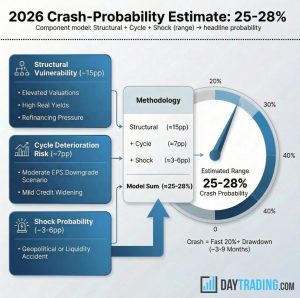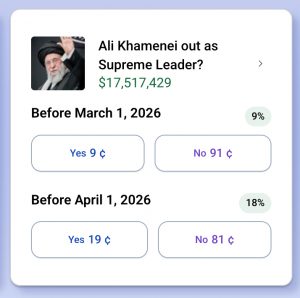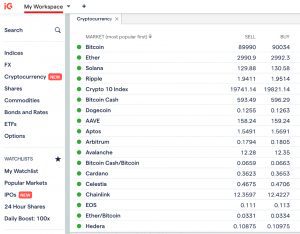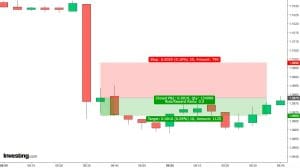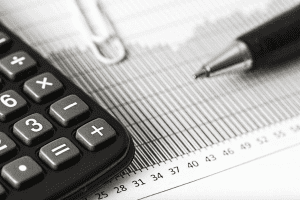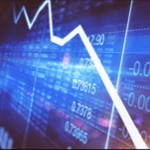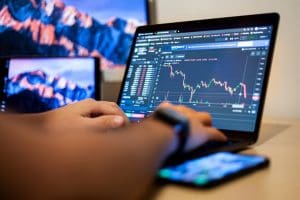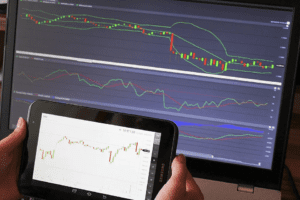How To Trade US Tariffs March 2026
Trump’s tariffs present unique opportunities for short-term traders due to the volatility they induce in global markets. This volatility can lead to rapid price movements, potentially allowing traders to capitalize on both upward and downward swings.
Learn how tariffs work, how to trade them, and the best brokers for trading tariffs.
Recommended Video






